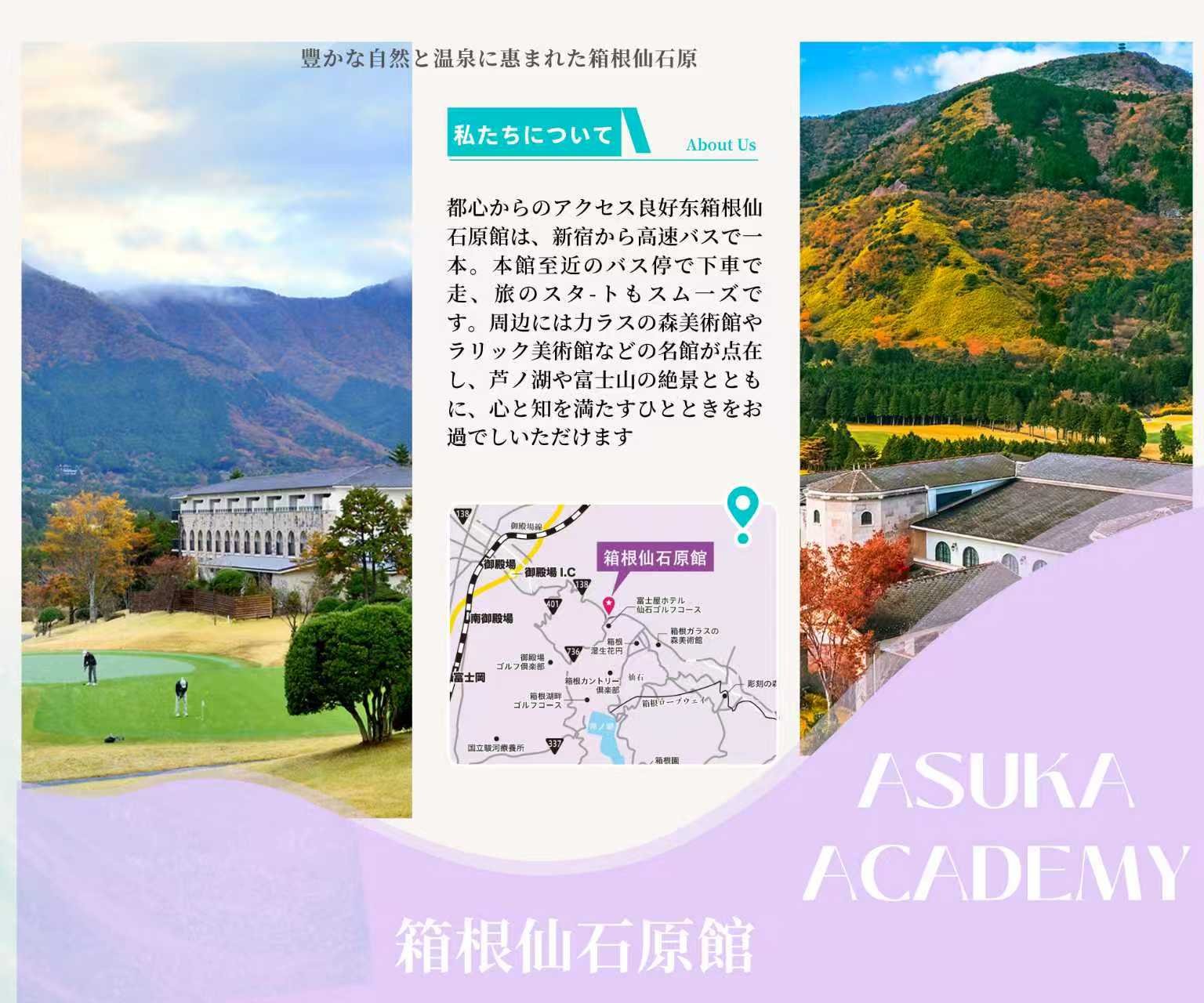In recent years, the uncertainty surrounding study abroad opportunities in the United States has increased, while Hong Kong, with its strong education quality, employment prospects, and geographical advantages, is emerging as a new destination for international students.
According to data from the Hong Kong Education Bureau and the latest 2025 applications, the number of mainland Chinese students applying to Hong Kong universities has surged by 37% year-on-year, with some popular programs now facing higher admission competition than top U.S. and U.K. schools. In a recent media interview, Hong Kong’s Secretary for Education, Ms. Christine Choi, stated that the changing international situation has brought “historical opportunities” for Hong Kong’s higher education, and the trend of overseas students coming to Hong Kong to further their studies has seen a significant increase.

Tighter U.S. Study Abroad Policies: Visa and Cost Pressures Double Down
The tightening of U.S. study abroad policies has become the direct driver for the “Eastward Trend.” For the 2023-2024 fiscal year, the U.S. F1 visa rejection rate soared to 41%, the highest in a decade, with particularly strict scrutiny on sensitive fields such as artificial intelligence and biomedicine. Social media comments, past academic collaborations, and even research experience can all be grounds for visa denial, with visa officers’ subjective judgments about “immigrant intent” adding to the risks of application. Meanwhile, U.S.-first economic policies have led to intense competition for employment among international students, with the extended 36-month OPT (Optional Practical Training) for STEM students being offset by a shrinking number of available positions, making it increasingly difficult for graduates to secure jobs in the U.S.
Moreover, the high cost of studying in the U.S. has further weakened its appeal. For out-of-state students, the average annual tuition at public universities is about $27,000, and at private elite universities, it exceeds $48,000. Adding living expenses, insurance, and other costs, the total annual expenditure can reach $72,000 (about HK$550,000). In comparison, while tuition at Hong Kong universities has increased by 10%-25%, the overall cost remains competitive. For example, the tuition for the Master’s program at the Hong Kong University Business School is around HK$198,000, just one-third of the cost at similar U.S. institutions.
Hong Kong’s Study Abroad Advantages: Driven by Education Quality and Policy Benefits
The global competitiveness of Hong Kong’s universities has become a core factor in attracting students. In the 2025 QS World University Rankings, the University of Hong Kong (HKU) climbed to 17th in the world, with Chinese University of Hong Kong (CUHK) and City University of Hong Kong (CityU) ranking 6th and 10th in Asia, respectively. Hong Kong’s universities offer a curriculum that deeply integrates both Eastern and Western educational philosophies. Programs in business, fintech, artificial intelligence, and other cutting-edge fields are closely linked to industry needs. The employment rate for graduates has remained above 70% for three consecutive years, and the median starting salary in fintech fields reaches HK$40,000 per month.
On the policy side, Hong Kong continues to offer favorable signals. The “Immigration Arrangement for Non-local Graduates” (IANG visa) allows graduates to stay in Hong Kong for 12 months without restrictions to look for a job, and after seven years, they can apply for permanent residency. For critical areas like STEM and fintech, the government provides up to 50% tuition reduction and salary subsidies, with the average starting salary for graduates reaching HK$28,000 per month. Furthermore, after the increase in the non-local student intake quota for the eight major universities to 40%, enrollment numbers have risen sharply, further confirming the strong demand for Hong Kong’s education among international students.
Diverse Pathways for Admission: Dual-track System with National College Entrance Exam and International Programs
Hong Kong’s universities provide flexible admission pathways for students from different backgrounds. For students taking the Chinese National College Entrance Examination (Gaokao), the Chinese University of Hong Kong (CUHK) and the City University of Hong Kong (CityU) are included in the Gaokao early batch, and students who meet the first-tier score requirements can apply without additional interviews. For independent applications, students are admitted based on a combination of Gaokao scores and an interview, with popular programs like medicine and law requiring scores that are 120 points higher than the first-tier line, and English scores must be at least 120 points. The international student admission channel is even broader, with students holding IB, A-Level, or other qualifications able to apply directly. Students with an IB score of 30 or above, or A-Level grades of A*AA, have the opportunity to enter top programs.
For students with slightly weaker academic performance, the associate degree program offers a “second chance” pathway. Students who score below the second-tier Gaokao line can enter a two-year associate degree program (with tuition fees ranging from HK$60,000 to HK$120,000 per year) and then transfer to a bachelor’s program. Those with a GPA of 3.0 or higher can then progress to one of Hong Kong’s eight major universities or prestigious overseas institutions. Ms. Christine Choi revealed that Hong Kong plans to add approximately 13,000 new dormitory places in the coming years and is exploring a public-private partnership model to address accommodation issues and meet the demand from non-local students.
Accelerating Global Promotion: Joint Admissions and Brand Building
To further expand its international influence, the Hong Kong Education Bureau will collaborate with the eight major universities to conduct joint admissions in Europe, the U.S., Southeast Asia, and “Belt and Road” countries, fully promoting the “Study in Hong Kong” brand. Ms. Choi emphasized that Hong Kong’s universities offer a multilingual teaching environment with “two languages, three languages” (Cantonese, English, and Mandarin), a diverse faculty structure with one-third local, one-third overseas, and one-third mainland Chinese faculty, and an academic exchange ecosystem that is not affected by political issues. These factors provide international students with a stable learning environment.
With the introduction of the “High-End Talent Pass Scheme,” graduates from the world’s top 100 universities can obtain visas quickly. Coupled with the IANG visa policy, Hong Kong is building a complete cycle of “Study – Employment – Immigration.” Analysts point out that, against the backdrop of increasing uncertainty in U.S. study abroad policies, Hong Kong, with its quality education, employment prospects, and stable policies, is poised to become the new hub for study abroad in the Asia-Pacific region and even globally. For students seeking high cost-performance, low-risk education pathways, Hong Kong’s “new hotspot” has already opened.




